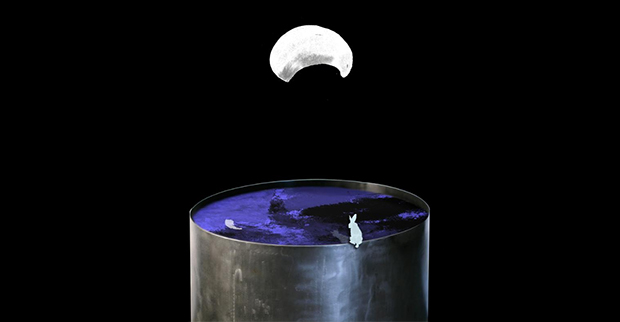
After years of dreaming, months of contemplating and discussing and weeks of researching and writing, The Parsagon Review was launched in November 2013; a year ago. The Parsagoners have addressed different aspects of the contemporary Persian literature in the course of the past year. We have received articles and poems from interested readers who would like to contribute and have attracted much feedback and several reviews by critics and reviewers.
In November 2013, when I, as one of the members of the Parsagon Editorial Board, was contributing in the launching of the first issue of The Parsagon Review, the notion of mobility was the last thing I would ever think of. My participation in a UNISA Post-graduate Summer School on Mobility in Pretoria, South Africa this Iranian autumn/South African spring (Oct. 25-31) revolutionized my vision of what we do as Parsagoners. With the Parsagon Project, part of which is The Parsagon Review, we have been contributing, on a global scale, to the mobility of the Persian Literature and Culture.
Mobility is associated with movement and dynamism; not only in the physical word but also with regard to the more abstract realm and the world of ideas. Virtual mobility constitutes an indispensable part of mobility due to the ever-increasing access of the individuals to the internet.
Mobility is not a new concept to the literary world; the spread of ideas, exiles and self-exiles of writers and literary figures – to mention but a few- have served as the nucleus for many world-class works of literature. Ostensibly, the whole literature revolves around the notion of mobility; why should one write if he/she does not want his/her text to be published or read?
Even when writing in our journals, which many of us want to keep confidential, at the back of our minds we are imagining an audience, we are writing for someone, we have this craving for being read.
Now, after a whole year of committed work, we hope for more mobile months ahead of us and the Parsagon Review.
Associate Editor, M.Kh.

Leave a Reply